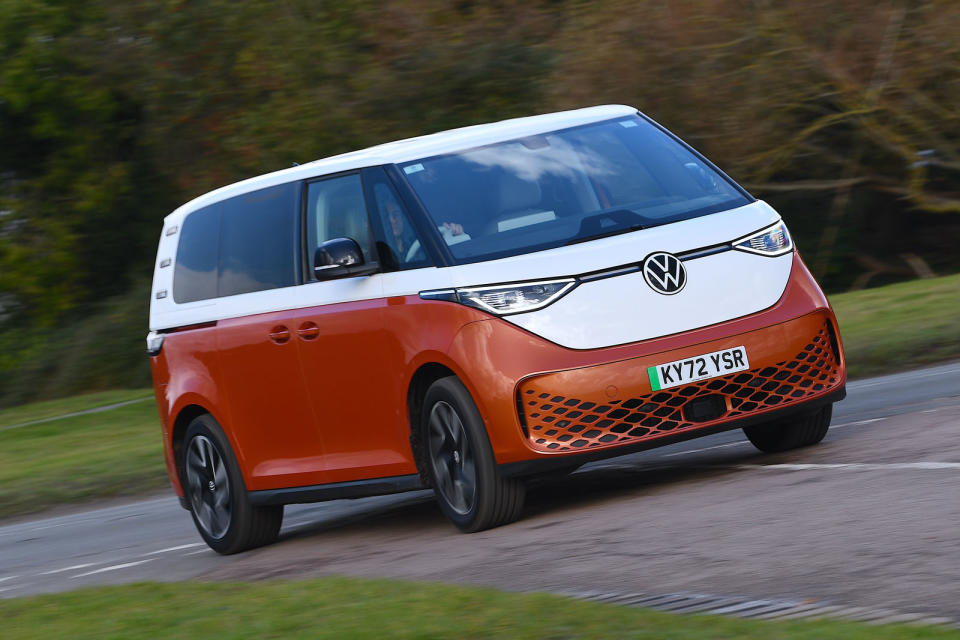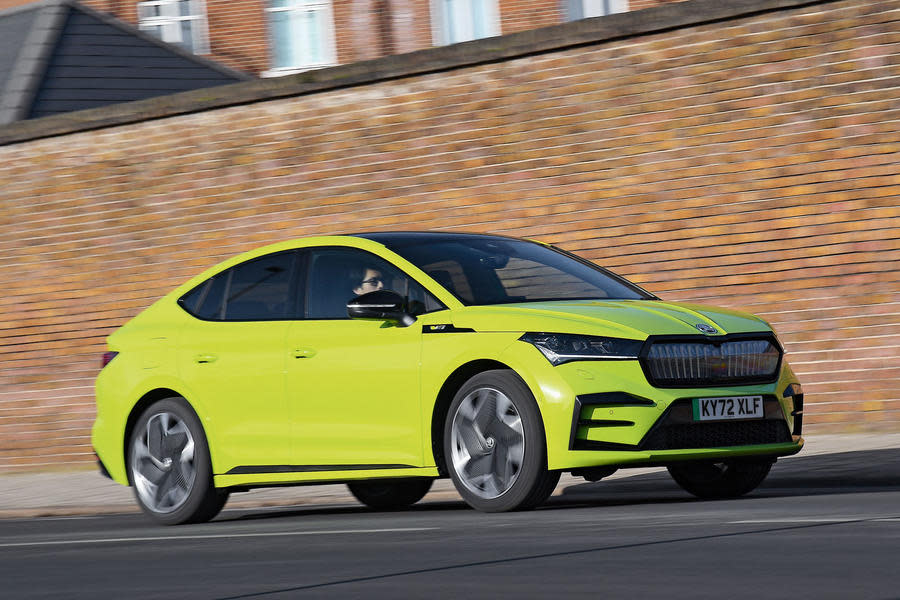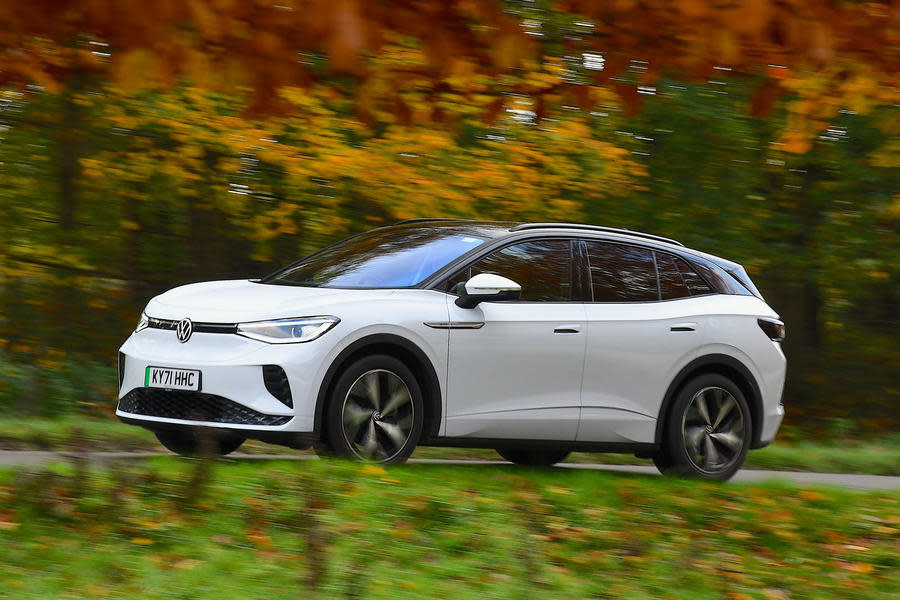VW Group calls for EV incentives to accelerate UK demand

The Volkswagen Group secured a 20% share of the EV market in the UK last year
The boss of the UK's most popular car maker has called for incentives for private buyers of electric cars to help stimulate demand.
Alex Smith, MD of Volkswagen Group UK, said that incentives were “eminently sensible” to help “signal that this is the direction of travel” towards EVs as the UK car market readies to be solely electric from 2035.
His comments follow a House of Lords report that criticised the UK government for “prematurely” ending previous incentives that were in place in the market to subsidise the sale of EVs. The Plug-in Car Grant was suddenly axed in 2022.
“There are things that could be undertaken in the retail market to further accelerate demand," Smith told Autocar in an exclusive interview on the day of the report's publication.
“We would be absolutely in favour of well-targeted, specific and realistic incentives to signal that decarbonisation of road transportation is the aim and that battery-electric vehicles are a very, very significant tool in achieving that.
“Therefore having incentives in place is eminently sensible in the private market, because you're sending that signal that this is the direction of travel.
"You do need signalling behaviour in order to ensure that there isn't consumer confusion.”
Smith listed a 10% VAT rate on the sale of new EVs as one potential option, mirroring something seen in other sectors, along with a cut again in VED (road tax) for EVs.
Longer-term security around benefit-in-kind tax rates for EVs would also help ensure the strong demand from fleet buyers remained for EVs too, he said.

Binding targets for the roll-out of infrastructure to support EVs should also be introduced, according to Smith.
He believes this to be only fair, as car manufacturers now have a legislated target to hit for the sale of EVs themselves - 22% this year - as part of the government's new ZEV mandate.
“Car manufacturers have a binding target for the proportion of zero-emission vehicles that we sell. I think it would be useful to have binding targets for infrastructure roll-out.
“If you're providing an infrastructure for the national take-up of an environmentally beneficial product, then there's going to have to be some level of intervention to make sure there's a ubiquity to the charging infrastructure.”
Smith also supported growing calls for a cut in the VAT rate of public charging from 20% to match the 5% that home charging attracts.
However, Smith believes that there's a “disproportionate amount of thought and concern” given to public charging, as 90% of charging of Volkswagen Group EVs is done at home.

Smith was happy with the Volkswagen Group’s EV performance in the UK, having secured a 20% market share for them in 2023.
Of the one million EVs sold in the UK so far, around 160,000 are Volkswagen Group models, so the firm’s market share is growing.
In 2023, 16% of the company's sales were EVs, and Smith said it was the intention to comply with the 22% of sales needed this year to hit the ZEV mandate.
He said the Volkswagen Group would continue to do its bit to support the EV roll-out in the UK by continuing to “bring really attractive products to market” and ensuring that its websites are “clear, transparent and informative” in explaining the benefits and also limitation of EVs.
The Lords report also criticised some sections of the media for the “scale of misinformation” around EVs and their perceived drawbacks. Smith said such stories made him simply “more determined” to prove the benefits of EVs.
One topic that has drawn widespread coverage is the rising cost of insurance for EVs. Smith said the Volkswagen Group was actively working with the insurance industry to help build up the risk profile of them.
He said that an equivalent frontal-impact repair cost of a Volkswagen ID 3 was 8% higher than that of an equivalent Volkswagen Golf.
]]>

 Yahoo Autos
Yahoo Autos 